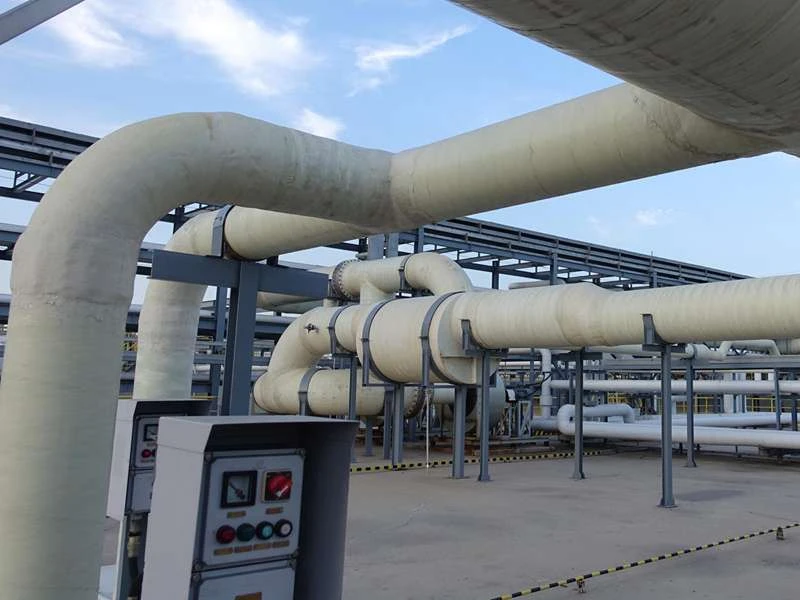
-
 Afrikaans
Afrikaans -
 Albanian
Albanian -
 Amharic
Amharic -
 Arabic
Arabic -
 Armenian
Armenian -
 Azerbaijani
Azerbaijani -
 Basque
Basque -
 Belarusian
Belarusian -
 Bengali
Bengali -
 Bosnian
Bosnian -
 Bulgarian
Bulgarian -
 Catalan
Catalan -
 Cebuano
Cebuano -
 China
China -
 China (Taiwan)
China (Taiwan) -
 Corsican
Corsican -
 Croatian
Croatian -
 Czech
Czech -
 Danish
Danish -
 Dutch
Dutch -
 English
English -
 Esperanto
Esperanto -
 Estonian
Estonian -
 Finnish
Finnish -
 French
French -
 Frisian
Frisian -
 Galician
Galician -
 Georgian
Georgian -
 German
German -
 Greek
Greek -
 Gujarati
Gujarati -
 Haitian Creole
Haitian Creole -
 hausa
hausa -
 hawaiian
hawaiian -
 Hebrew
Hebrew -
 Hindi
Hindi -
 Miao
Miao -
 Hungarian
Hungarian -
 Icelandic
Icelandic -
 igbo
igbo -
 Indonesian
Indonesian -
 irish
irish -
 Italian
Italian -
 Japanese
Japanese -
 Javanese
Javanese -
 Kannada
Kannada -
 kazakh
kazakh -
 Khmer
Khmer -
 Rwandese
Rwandese -
 Korean
Korean -
 Kurdish
Kurdish -
 Kyrgyz
Kyrgyz -
 Lao
Lao -
 Latin
Latin -
 Latvian
Latvian -
 Lithuanian
Lithuanian -
 Luxembourgish
Luxembourgish -
 Macedonian
Macedonian -
 Malgashi
Malgashi -
 Malay
Malay -
 Malayalam
Malayalam -
 Maltese
Maltese -
 Maori
Maori -
 Marathi
Marathi -
 Mongolian
Mongolian -
 Myanmar
Myanmar -
 Nepali
Nepali -
 Norwegian
Norwegian -
 Norwegian
Norwegian -
 Occitan
Occitan -
 Pashto
Pashto -
 Persian
Persian -
 Polish
Polish -
 Portuguese
Portuguese -
 Punjabi
Punjabi -
 Romanian
Romanian -
 Russian
Russian -
 Samoan
Samoan -
 Scottish Gaelic
Scottish Gaelic -
 Serbian
Serbian -
 Sesotho
Sesotho -
 Shona
Shona -
 Sindhi
Sindhi -
 Sinhala
Sinhala -
 Slovak
Slovak -
 Slovenian
Slovenian -
 Somali
Somali -
 Spanish
Spanish -
 Sundanese
Sundanese -
 Swahili
Swahili -
 Swedish
Swedish -
 Tagalog
Tagalog -
 Tajik
Tajik -
 Tamil
Tamil -
 Tatar
Tatar -
 Telugu
Telugu -
 Thai
Thai -
 Turkish
Turkish -
 Turkmen
Turkmen -
 Ukrainian
Ukrainian -
 Urdu
Urdu -
 Uighur
Uighur -
 Uzbek
Uzbek -
 Vietnamese
Vietnamese -
 Welsh
Welsh -
 Bantu
Bantu -
 Yiddish
Yiddish -
 Yoruba
Yoruba -
 Zulu
Zulu
Durable and Versatile Solutions for Fiberglass Storage Tanks in Various Applications
The Benefits of Fiberglass Storage Tanks
Fiberglass storage tanks have gained popularity across various industries due to their unique properties, cost-effectiveness, and versatility. These tanks, made from a combination of glass fibers and resin, provide an ideal solution for storing a wide range of liquids, including chemicals, water, and petroleum products. In this article, we'll explore the benefits of fiberglass storage tanks and why they are a preferred choice for many businesses.
Durability and Strength
One of the primary advantages of fiberglass storage tanks is their exceptional durability. Unlike traditional materials such as steel or concrete, fiberglass is resistant to rust, corrosion, and chemical reactions. This makes fiberglass tanks an excellent option for storing aggressive liquids such as acids and solvents that would cause significant damage to other types of tanks. The lightweight nature of fiberglass also means it is less likely to suffer structural damage from impacts compared to heavier materials.
Lightweight and Easy to Install
Fiberglass tanks are considerably lighter than their metal counterparts, which makes transportation and installation much simpler. Their light weight means reduced shipping costs, and they can often be lifted and installed with less heavy machinery, saving on overall installation expenses. This ease of handling is particularly beneficial in remote or difficult-to-access locations.
Cost-Effectiveness
While the initial investment in fiberglass tanks may be higher than that of some other materials, the long-term savings can be significant. Their resistance to corrosion means lower maintenance costs and a longer lifespan. In fact, fiberglass tanks can last upwards of 30 years with proper care, making them a viable long-term investment. Moreover, their efficiency in thermal insulation can lead to reduced energy costs when used to store temperature-sensitive substances.
fiberglass storage tank

Versatility
Fiberglass storage tanks come in a variety of shapes and sizes, making them incredibly versatile. They can be customized to meet specific needs, whether for residential, commercial, or industrial applications. From water storage tanks to chemical containment systems, fiberglass can accommodate various functionalities. Additionally, they can be engineered to include features such as manholes, access ports, and various fittings to streamline the storage and retrieval processes.
Environmental Impact
In today’s environmentally conscious society, the sustainable nature of fiberglass tanks cannot be overlooked. They are often produced using materials that are less harmful to the environment compared to traditional alternatives. Furthermore, their longevity reduces the need for frequent replacements, which results in less waste. By choosing fiberglass, businesses can also mitigate the risk of spills or leaks, which can have devastating environmental consequences.
Compliance and Safety
Fiberglass storage tanks can often be manufactured to comply with stringent industry standards and regulations, ensuring that they meet safety requirements. Their design can help to prevent leaks and spills, which are critical factors in industries dealing with hazardous materials. This enhances the safety of operators and surrounding communities, providing peace of mind to both businesses and their stakeholders.
Conclusion
In summary, fiberglass storage tanks are a reliable and innovative solution for various storage needs. Their durability, lightweight nature, cost-effectiveness, versatility, and environmentally friendly properties make them an attractive choice for industries ranging from agriculture to oil and gas. As businesses look for solutions that not only save money but also meet regulatory standards and support sustainability, fiberglass storage tanks stand out as a superior option in the modern marketplace. Whether you are considering a new tank for your operation or looking to upgrade your existing infrastructure, fiberglass tanks are worth the investment.









